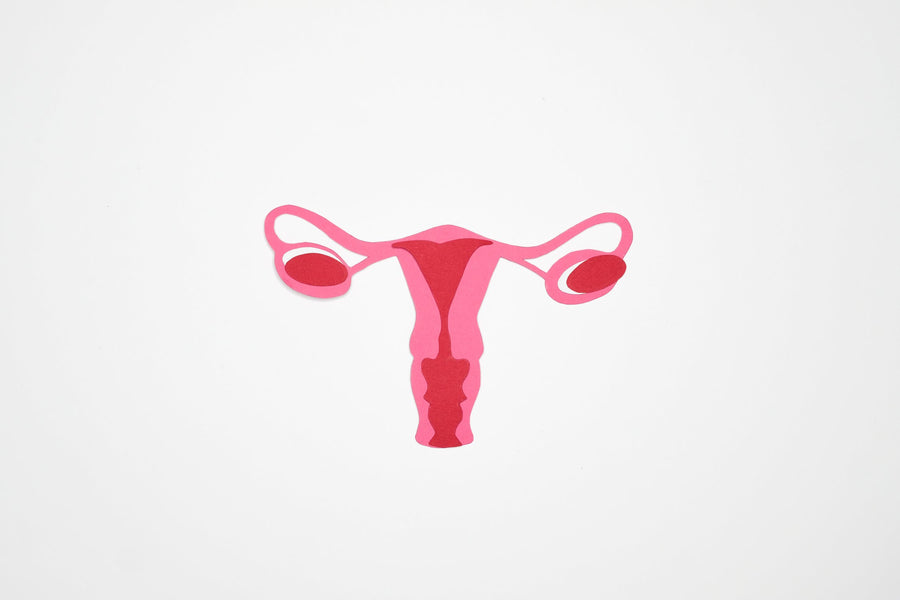The Scoop on IUI

IUI (intrauterine insemination) is a common fertility procedure used by tens of thousands of families each year. Dr. Meera Shah shares the pros, cons, and outcomes of this procedure.
What is IUI?
IUI (intrauterine insemination) is a procedure in which concentrated sperm is placed into the uterine cavity at the time of ovulation. It is usually a quick, safe, and painless procedure that involves placing a speculum to visualize the cervix, and then inserting a small catheter through the cervical canal into the upper uterus, where the sperm can swim into the fallopian tube and find the ovulated egg. This procedure can be performed by a physician (fertility specialist or OBGYN) or a mid-level provider (ie. nurse practitioner or physician assistant).
Who is a good candidate for IUI?
IUI is recommended for the following indications:
- Unexplained infertility
- Male-factor infertility (low sperm count or motility)
- Lesbian couples desiring pregnancy with donor sperm
- Single women desiring pregnancy with donor sperm
- Couples unable to have penetrative intercourse due to conditions such as vaginismus (pain during sex) or erectile dysfunction
- Women with cervical stenosis (scarring or closure of the cervix due to prior medical procedures)
In order for an IUI to be successful, the fallopian tubes must be open and healthy. Some women who have had a history of pelvic infections, endometriosis, or abdominal surgery may be at risk for tubal damage, therefore it is important to first evaluate the tubes using tests such as a hysterosalpingogram (HSG) or saline sonohystersterogram (SHG).
How common is IUI?
IUI is a very common procedure and is usually the first-line treatment for couples with infertility. Because it less invasive, cheaper, and ‘more natural,’ many couples opt to try IUI prior to in-vitro fertilization (IVF).
What is the success rate of IUI?
The major downside of IUI is the lower success rate. The success rates range from eight to fifteen percent per cycle and depend on a number of factors, including the indication, age of the woman, and whether IUI is combined with hormone treatments to increase the number of eggs. The cumulative success rate over the first three cycles may be as high as 30-40%.
How much does it usually cost?
The cost of one IUI cycle can range from $500-$4,000, depending on if there are any additional medications or monitoring required for the treatment.
How many cycles do people typically do before getting pregnant?
In general, three to six cycles of IUI are recommended before IVF. This is based on the decreasing efficacy and cost-effectiveness of IUI after each subsequent cycle.
What should I do to prepare for IUI?
Talk to your doctor about whether IUI is right for you. There are many factors that are involved in making a recommendation, including your age, ovarian reserve, semen analysis results, and most importantly, your overall family planning goals.
Are you wondering how long should you try to get pregnant before seeing a specialist to discuss options such as IUI? Dr. Meera Shah answers your questions here.
Reach Out, We're Here
Have questions about your order or products? For the speediest answer, check out our FAQ section. Need something else? Come find us below.
Please keep in mind our regular business hours; Monday-Friday, 9am-5pm CT.
Customer Support
support@natalist.com
Press Inquiries
media@everlyhealth.com
Business & Partnerships
team@natalist.com
Affiliates + Influencers
team@natalist.com
Job Openings
Careers Page























